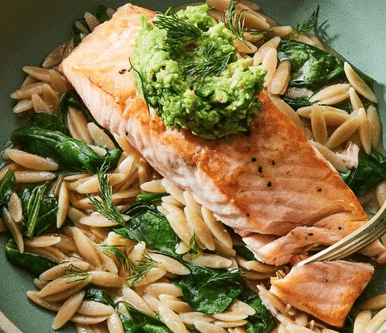I remember when a couple friends of mine mentioned they didn’t eat meat. I had made a suggestion for a dish to try as we checked out the menu, and they simply responded with their dietary choices. That was the entirety of that particular exchange. After all, what do I care what they eat as long as it’s not people?
Article by Tom Knighton republished from PJMedia.com
However, it seems my friends are unusual in that regard. I keep hearing of vegans and vegetarians who simply can’t handle the idea that someone else makes different choices.
The most recent example comes from a report published by anti-livestock farming Farm Animal Investment Risk and Return (FAIRR), which suggests taxing meat like we tax cigarettes.
After citing a number of environmental concerns up to and including climate change, the report asks:
Could taxation of meat products be a way to mitigate these global challenges? The pathway to taxation typically starts when there is global consensus that an activity or product harms society. This leads to an assessment of their financial costs to the public, which in turn results in support for some form of additional taxation. Taxes on tobacco, carbon and sugar have followed this playbook.
FAIRR’s head of investor engagement, Rosie Wardle, told The Futurist: “Meat consumption is also one sector where both the issues of environment and health overlap.” “We feel that everyone should have the right to a healthy and nutritious diet,” she added, “and ideally that should help promote a shift towards eating more plant proteins, which is healthier and better for the planet.”
In other words, be a vegetarian whether you want to or not — because it’s your right. Eh?
As deputy director of the trade and markets division at the Food and Agriculture Organization (FAO), Josef Schmidhuber told The Futurist that what you end up with is a regressive tax. “So if you have a beef tax, who will you tax out of the market? Those who are poorer,” he argues. “And that’s a bad idea, because you penalize those who need to increase their meat consumption. We call this model ‘regressive tax.’” Schmidhuber notes that this is because the wealthy won’t be impacted nearly as much by such a regulation.
Perhaps the biggest problem with this proposal is the nonsense that foregoing meat leads to a superior “healthy and nutritious diet.” That’s pure nonsense. In reality, even reaching an equivalent level of nutrition without meat is not easy, even at the best of times in an area with great access to the foods needed. It takes careful planning to make sure you get enough of all the right foods to get you close to a healthy protein intake.
Further, there are some who have allergies to the most necessary plant-based protein source, soybeans, and it’s difficult to simply consume enough calories to stay upright without calorie-dense foods.
All of this creates a recipe for malnutrition, not health.
So no thanks. I’ll keep eating steak, chicken, fish, and so on, and I’ll live and let live with vegetarians who leave me alone. But knowing that people like FAIRR don’t like my diet makes meat taste so much better.
How many pounds have you lost this month? At Dieta Efectiva you can lose 10-12 lbs your first week and 2 – 5 lbs every week after. Visit us dietaefectiva.net to learn more about our program.
NN:BG







